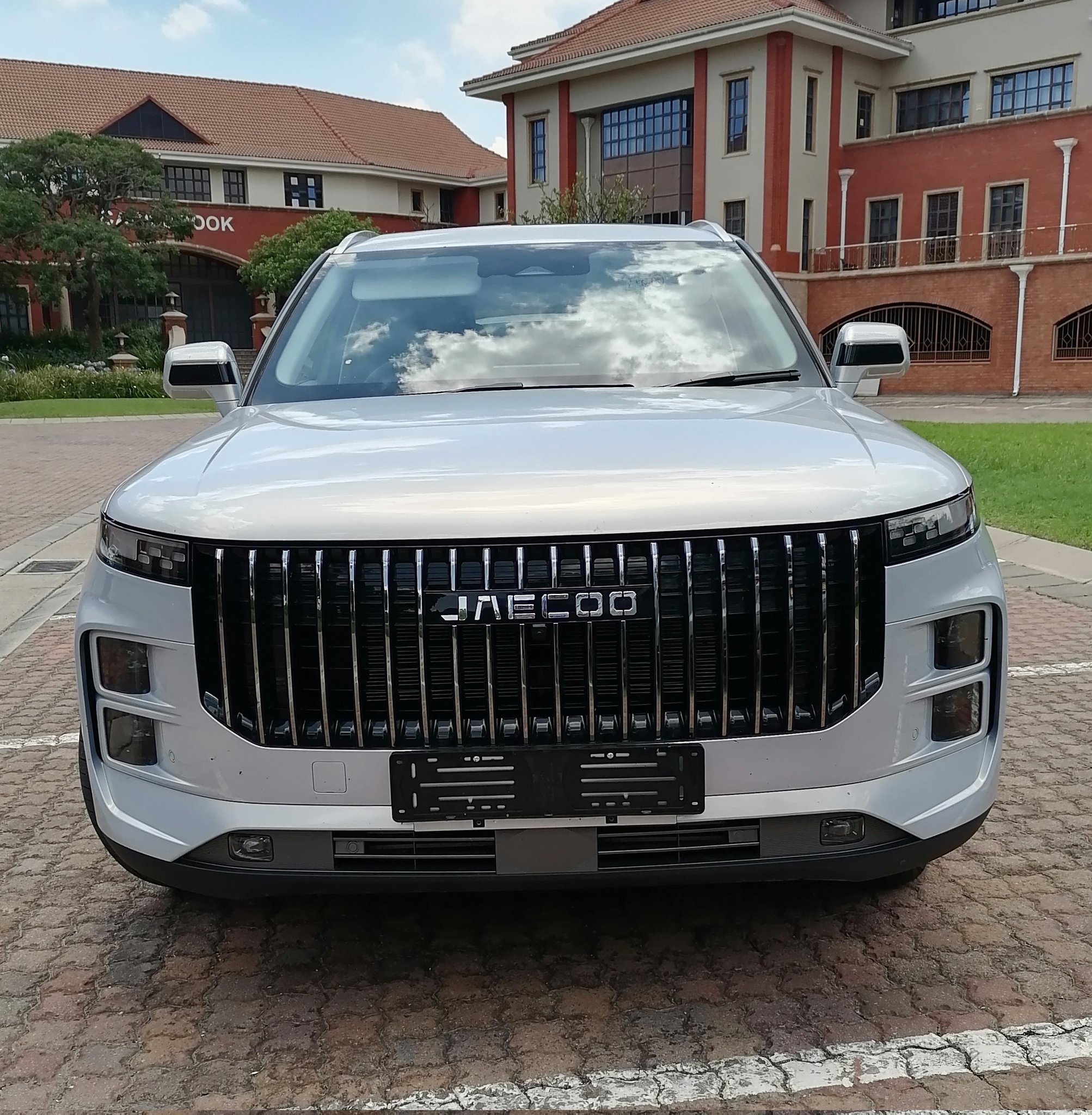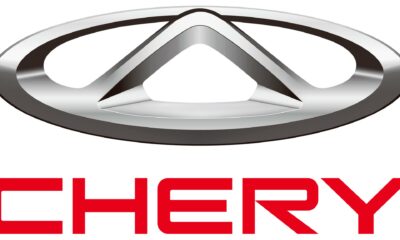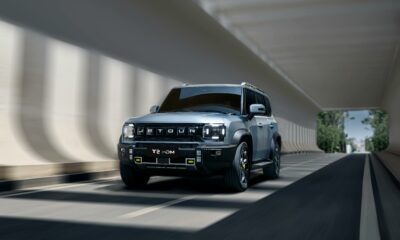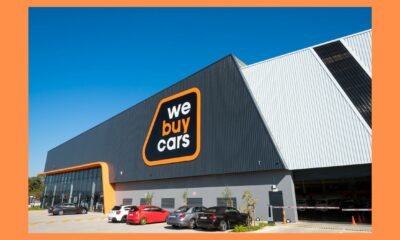Business
Should You Buy a Chinese Car in South Africa? Here’s What Experts Say

Over the last few years, South African car buyers have seen a noticeable increase in Chinese vehicles on dealership floors. With sleek designs, impressive tech, and prices that make your wallet sigh in relief, these cars have quickly become the go-to option for budget-conscious consumers.
As of May 2025, there are 41 Chinese passenger models available in South Africa, with price tags ranging from under R270,000 to over R1.4 million. It’s clear they’re no longer fringe players — they’re reshaping the market.
But should you jump on the trend? According to Faan van der Walt, CEO of WeBuyCars, the answer isn’t that simple.
An Attractive Deal – But At What Cost?
Van der Walt acknowledges the appeal: “Chinese brands are offering fantastic value — great features, tech, and competitive pricing.” They’re especially attractive in a tough economy where affordability often trumps brand loyalty.
The numbers back this up. Chery and Suzuki (though Japanese-owned, assembled in Asia) have seen explosive growth — together selling over 76,000 vehicles in 2024, compared to just 7,699 in 2014. Suzuki alone jumped from 6,402 units in 2014 to over 56,000 in 2024. Chery’s growth was even more dramatic — up 1,435% over the same period.
Used Chinese Cars Are Flying Off the Lot
In the second-hand market, Van der Walt says Chinese cars are performing surprisingly well: “They sell quickly — there’s demand for them across the board.” And because they’re still relatively new, most haven’t hit the steep depreciation curve that plagues some traditional brands.
A well-equipped Chinese car, priced between R450,000 and R500,000, often competes directly with high-end VW Polos or Toyota Corollas. For many buyers, it’s a no-brainer.
The Catch: Will the Brand Survive in SA?
Despite the positives, Van der Walt urges buyers to remain cautious. While some brands like Chery and Haval are gaining traction and building reputations, others are still unproven.
“You might get stuck with a car that’s hard to maintain or resell if the brand exits South Africa,” he warns. “We’ve seen it before with European manufacturers that pulled out — and Chinese brands aren’t immune.”
That’s why Van der Walt recommends sticking to the more established names. “Let the newer ones prove themselves before you commit,” he says.
Don’t Be Blinded by the Price Tag
With economic pressures mounting and consumers hunting for the best deal, it’s easy to get swept up in the affordability factor. But experts warn that long-term costs — like parts availability, resale value, and after-sales support — matter just as much as the sticker price.
South Africa’s auto market is changing fast, and Chinese manufacturers are a big part of that evolution. But as with any major purchase, doing your homework could save you a lot of frustration — and money — down the line.
If you’re considering a Chinese car, think beyond the showroom. Reliability, local support, and brand staying power could make or break your experience.
{Source: BusinessTech}
Follow Joburg ETC on Facebook, Twitter , TikTok and Instagram
For more News in Johannesburg, visit joburgetc.com



























